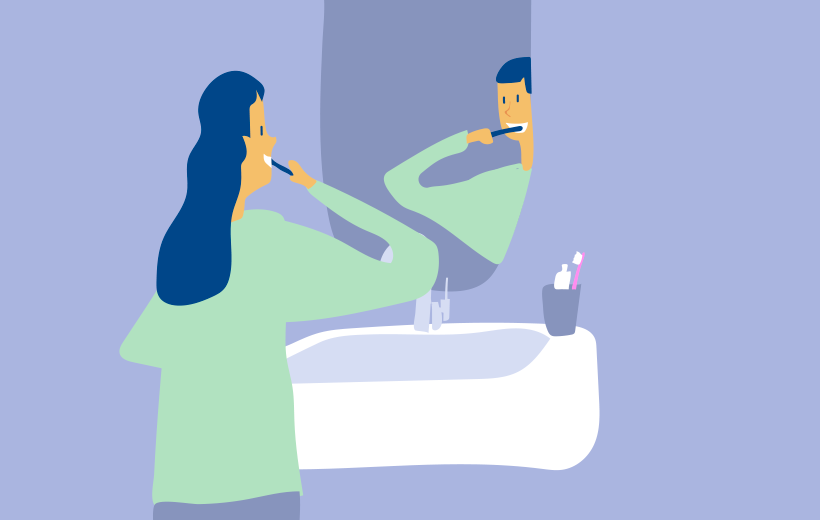How to Avoid Burnout
By Tergar Meditation Community • 3 min read
Deadlines, competition, pressure — the concept of “burnout” to describe a sense of nervous exhaustion has been around since the 70’s, but never has the feeling of burnout been as prevalent as it is these days. In a situation that’s demanding too much of us, it’s natural to experience burnout. Still, there are certainly a few things we can keep in mind.

Maintaining balance is key. In Tibetan medicine, it’s thought that if you’re under a great deal of stress, getting to bed early helps to heal your overtaxed system. If possible, try to be asleep before eleven o’clock. And if you can’t sleep, at least lay down and relax; bring your awareness to the sensations in your body, and tune in to the pull of gravity. And, crucially, don’t pressure yourself to fall asleep. Nothing chases sleep away faster than the thought, “I have to get some sleep!”
If you have a relatively sedentary work life, it’s important to counter all that sitting with physical movement. Move your body however you’re most likely to, or most able to, and try to get your heart pumping.
Shaking up your routine is another trick to avoiding burnout. For instance, don’t take the same route to work or school every time. Explore parts of your local environment you don’t usually visit. Connect with the plants and animals around you to whatever degree your circumstances allow, whether that means visiting a local park, taking care of a street tree, feeding the birds, or going for a hike. And make an effort to do things that deviate from what you “usually” like, or think you’re good at.
And here’s something not at all surprising: it’s scientifically proven that procrastination causes stress. If we keep putting something off, a looming deadline will make us very uptight, making it easy for us to burn out. To avoid falling into that trap, do a little bit of the task at hand every day. Divide it up into manageable parts, and don’t wait until the last second to get to them.
Each day, try to meditate, even for a short while. If you’re a beginner, do a breathing or sound meditation, or perhaps a “mental recitation.” This means coming up with a phrase and silently repeating it. For instance, “I am okay.” Mental recitation brings your mind into the present, and helps balance it. Finally, most important of all is your mindset. Let go of the past. Let go of the future. Be with the present. Then there will be balance in your mind and body, and you won’t burn out so easily.
“If you go to work, do not always drive or walk the same way. Change your route. Try to explore different paths, different roads. Try to do something different.”
– Mingyur Rinpoche –
If you enjoyed reading our articles, please join our mailing list and we’ll send you our news and latest pieces.
Speaking on a subject which seems to touch an increasing number of people in the world today, Mingyur Rinpoche teaches us how to prevent burnout. In this simple and profound teaching he invites us to break with unhealthy habits, establish new perspectives and recenter ourselves with very simple meditation techniques.
Do you want to try meditation, but don’t know how to start? This free course is specially designed for beginners, and takes only a week to complete.

Tergar Meditation Community supports individuals, practice groups, and meditation communities around the world in learning to live with awareness, compassion, and wisdom. Grounded in the Tibetan Buddhist lineage of our guiding teacher, Yongey Mingyur Rinpoche, our online and in-person programs are accessible to people of all cultures and faiths, and support a lifelong path toward the application of these principles in everyday life.

“I kept worrying about my “incorrect” meditation practice. I just knew I was not doing it right! This feeling remained an undercurrent — not debilitating but present — until I encountered the Joy of Living with Mingyur Rinpoche.” — Ingrid White-Wilson

When you’re a child, you have specific opportunities; when you grow up, you have other, different prospects and alternatives. When you’re elderly, there are still more particular life experiences to take pleasure in. If you enjoy all these moments, you will feel very content.

What can you do to improve your habit of meditation? What follow are a few tips from Mingyur Rinpoche.
If you enjoyed reading our articles, please join our mailing list and we’ll send you our news and latest pieces.